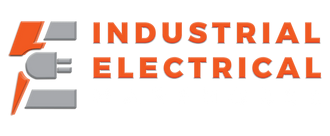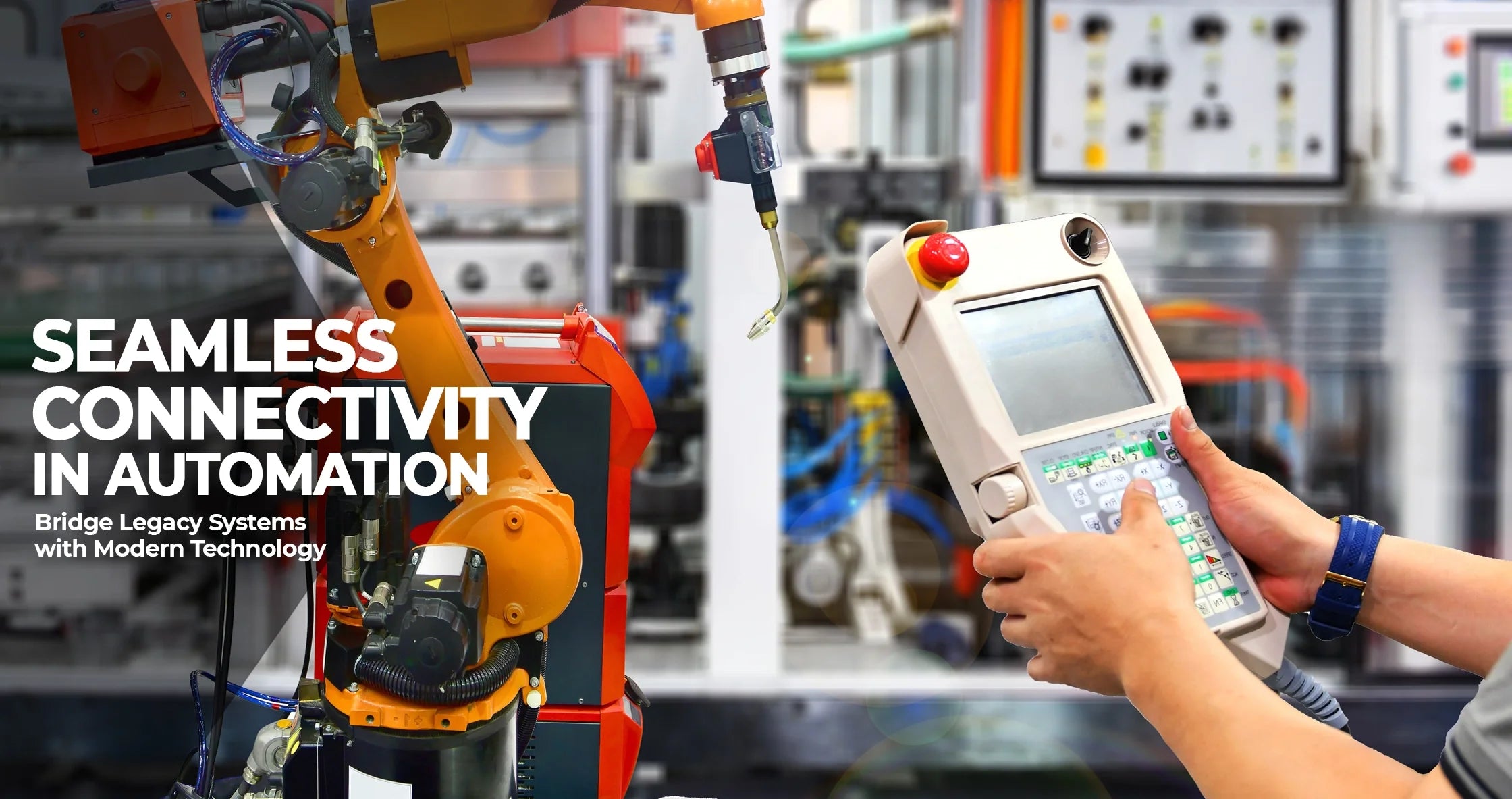In the ever-evolving landscape of industrial automation, interface converters play a vital role in ensuring seamless communication between diverse systems and devices. As industries transition to more integrated technologies, the ability to connect varying protocols and interfaces is crucial. These converters enable the interoperability of devices that may otherwise be incompatible, thus enhancing productivity and operational efficiency across various applications.
Understanding Interface Converters
What Are Interface Converters?
Interface converters are devices designed to facilitate communication between different types of interfaces, protocols, or data formats. They serve as a bridge that enables systems with incompatible communication interfaces to work together effectively. For instance, an RS232 to USB converter allows legacy systems using RS232 communication to connect with modern USB interfaces, ensuring that older equipment can still function in a contemporary setup.
Importance in Industrial Automation
In industrial environments, the interaction between machines, sensors, and controllers is pivotal. Interface converters contribute significantly by eliminating communication barriers. They allow for the integration of new technologies with existing systems, providing manufacturers with the flexibility to upgrade machinery without overhauling their entire network. This adaptability is essential for maintaining competitiveness and improving efficiency.
Common Types of Interface Converters
RS232 to USB Converters
RS232 to USB converters are among the most commonly used interface converters in industrial automation. Many older devices still utilize RS232 communication, while newer computers and control systems favor USB for its speed and convenience. These converters are vital for connecting older machinery to modern computer systems, ensuring that data can be transferred efficiently without loss of functionality.
RS232 to Ethernet Converters
RS232 to Ethernet converters extend the capabilities of legacy RS232 devices by allowing them to communicate over a local area network (LAN). This capability is crucial for remote monitoring and control of industrial equipment. With Ethernet connectivity, operators can access device data in real-time from anywhere in the facility, thus enhancing operational oversight and response times.
Benefits of Using Interface Converters
Enhanced Communication
One of the primary benefits of interface converters is improved communication. By enabling devices with different protocols to communicate, they promote collaboration across various systems in a manufacturing environment. This seamless flow of data leads to improved operational efficiencies and supports the implementation of smart manufacturing practices.
Cost-Effectiveness
By integrating interface converters, companies can prolong the life of existing equipment. Instead of investing in entirely new systems, businesses can use converters to bridge the gap between old and new technologies. This approach saves significant financial resources while maximizing the return on investment (ROI) from current machinery.
Flexibility and Scalability
Interface converters offer unmatched flexibility in industrial automation. As organizations evolve, they often adopt new technologies. These converters allow for easy upgrades and changes within the automation framework, facilitating smooth transitions without significant downtime or disruption. This scalability is vital for businesses looking to future-proof their operations.
Applications of Interface Converters
Manufacturing and Production
In manufacturing settings, interface converters are used extensively to connect various machines to data systems. Whether it’s linking CNC machines to production monitors or integrating process control systems, these converters ensure that communication remains uninterrupted, which is essential for maintaining productivity.
Data Acquisition and Monitoring
Data acquisition systems often require various types of interface connections. Interface converters facilitate the interaction between sensors, data loggers, and analytical tools, allowing for comprehensive monitoring and reporting of industrial processes. This data is critical for improving operational efficiencies and ensuring quality control.
Conclusion
The role of interface converters in industrial automation cannot be overstated. These devices not only enhance communication between disparate systems but also provide a cost-effective, flexible solution for integrating outdated machinery with modern technology. As industries continue to adopt advanced automation solutions, the importance of interface converters will only grow, making them indispensable tools for enhancing productivity and operational efficiency.
Frequently Asked Questions (FAQ)
What is an interface converter?
An interface converter is a device that enables communication between different types of interfaces, protocols, or data formats. They help integrate legacy devices with modern technology, facilitating seamless data exchange.
Why are RS232 to Ethernet converters important?
RS232 to Ethernet converters are crucial because they enable older devices using RS232 communication to be connected to a network, allowing for remote monitoring and control, which enhances operational visibility.
How do interface converters save costs?
By enabling older equipment to communicate with newer technology, interface converters extend the lifespan of current machinery, reducing the need for costly replacements and upgrades of entire systems.
Where can I find a reliable interface converter?
You can find reliable interface converters from various electronics and industrial equipment suppliers. Brands like Allen-Bradley offer advanced interface converters like the Allen-Bradley PLC Advanced Interface Converter SER B 1761-NET-AIC, which can enhance your automation setup.
Related Product Collections
Explore more products that enhance communication and connectivity in industrial automation:
Converters & Interface Devices →
Discover a comprehensive range of industrial converters and interface devices, including RS232 to USB and RS485 to Ethernet converters. These products ensure smooth communication between legacy and modern systems, enabling seamless integration and data transfer.
Automation & Control Products →
Find essential automation components such as PLCs, HMIs, relays, and control modules. Each product is designed to optimize your control systems and boost the efficiency, safety, and reliability of your industrial operations.
Communication & Networking Devices →
Strengthen your network infrastructure with reliable communication and networking devices. From switches to routers and data modules, these tools provide dependable connectivity across all automation layers.


